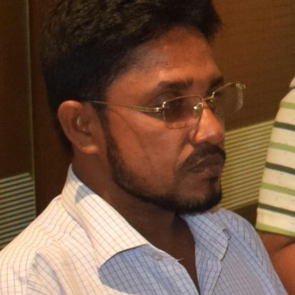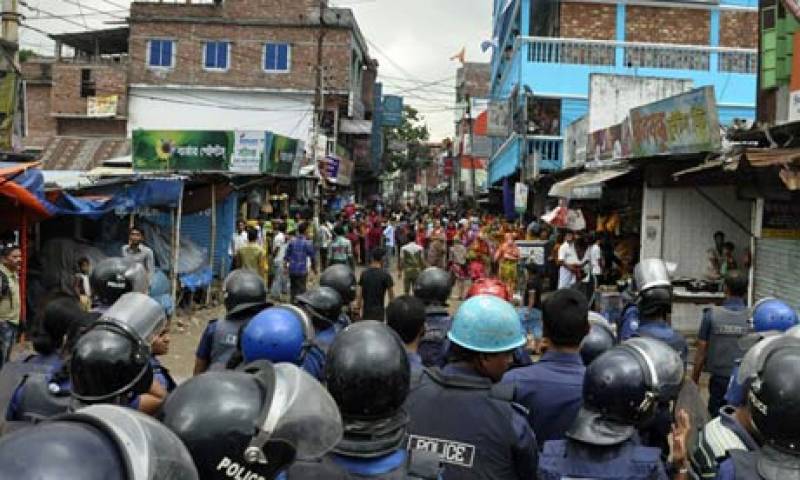
Shahidul Islam
Shahidul Islam was the president of the Gazipur unit of the Bangladesh Garment and Industrial Workers’ Federation (BGIWF). He advocated for workers’ rights throughout his 25-year-long career as an organiser. As a former garment worker, Shahidul Islam noticed the lack of transparency regarding workers’ rights and thus began working as an organiser and later a union leader. From 1999 to 2002, he worked with the Bangladesh Independent Garment Workers’ Union Federation (BIGUF). From 2003 to 2006, the human rights defender worked for the civil society organisations Nari Uddog Kendro and Bangladesh Krishi Federation. In 2006, he joined the Bangladesh Centre for Workers’ Solidarity (BCWS) as a senior organiser and worked there until 2012. In the same year, he became a senior organiser at the BGIWF, and later became president of the Gazipur district committee. Throughout his career, Shahidul Islam successfully mobilised thousands of workers and factory-level leaders to join trade unions. He also supported thousands of workers to receive arrears and severance pay that they had been wrongfully denied by their employers. Shahidul Islam’s work and contributions to the labour movement were significant in raising awareness about the human rights situation of factory workers in Bangladesh.


